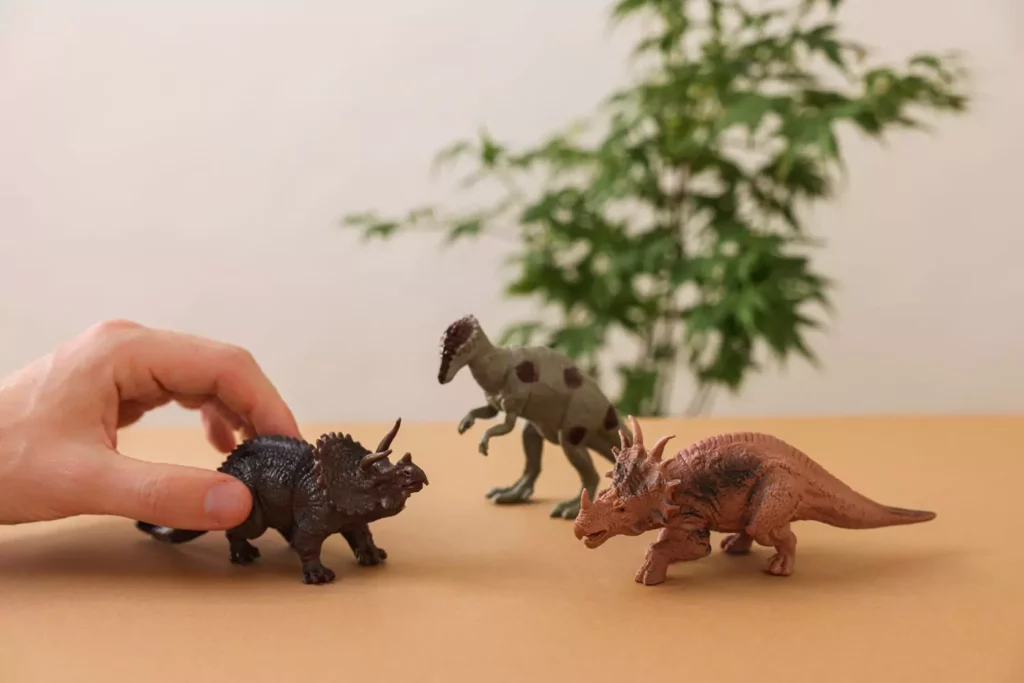I remember clearly the day I was convicted to tithe.
I was 24 and had been attending my church in Colorado for two years. I dropped an occasional offering into the plate, but it seemed I never had enough “extra” from my entry-level paycheck to give 10 percent.
I don’t even remember my pastor’s message that day, but something clicked inside — between me and God. I knew I needed to make tithing a priority.
In the past few years, I have encountered a variety of opinions on tithing. Some people point out that tithing does not appear to be a New Testament requirement (though Jesus does affirm it in Matthew 23:23). Others question whether the church should receive the 10 percent, or if the believer should exercise his own discretion as to where the tithe goes. Still others disagree on whether a tithe should be off of gross income or post-tax.
I think arguing the nuances sidetracks us from the deeper issue: God expects us to give generously (2 Corinthians 9:7) — whether 10 percent or 90 — but we’re not doing it.
Hoarders
A 2008 report from the Barna research group, reveals an ugly truth about our giving habits:
Several groups stood out as highly unlikely to tithe: people under the age of 25, atheists and agnostics, single adults who have never been married…. One percent or less of the people in each of those segments tithed in 2007.
Regardless on our opinions on tithing, we can probably agree that a 1-percent giving level (similar to that of atheists and agnostics) isn’t ideal for a believer. But is 10 percent the spiritual number?
Let’s just say that tithing is the expectation for believers today. Is the local church entitled to the cut? Or should believers exercise their own judgment as to who deserves their hard-earned cash?
In his article “God vs. the American Dream,” Ed Young makes a case for tithing to the church:
First, God tells us to bring the whole tithe into the storehouse. The storehouse is your local house of worship. In Malachi 3:8-10, God curses the entire nation of Israel because they withheld their tithes from Him. There’s only one example of God asking His children to test Him in the Bible. And it has to do with tithing. It’s as if God is saying, ‘I dare you to bring it and see what I’ll do for you!’
It’s both interesting and humbling to note that Jesus elevates expectations in the New Testament for commands that were given in the Old Testament. He sets a higher standard. Adultery is wrong, but so is looking at a woman lustfully. Giving 10 percent is a minimum, but followers of Jesus should be giving even more! So, first and foremost, don’t neglect to bring God’s tithe to your local house of worship. The Church is the hope of the world and God’s first priority.
More Than a Tithe
Ten percent of one’s income can seem like a big sacrifice in the current economy. But consider this: What if the tithe is simply the baseline of what a Christian should be giving?
Randy Alcorn, founder of Eternal Perspectives Ministries, describes tithing as “the first toddler’s step of stewardship.” Then he gives his personal reason for tithing:
To me, giving less than a tithe is simply not an option. Someday I’m going to stand before God and give an account of my life (Romans 14:12). On that day I do not want to have to explain why, being indwelt with the Holy Spirit and having lived in the most affluent nation in human history, I failed to give at the very minimal level of those who did not have the indwelling Spirit and owned far less than I.
The concepts behind the firstfruits — the ownership and worthiness of God and the servanthood and indebtedness of man — are as true today as they were in the Old Testament. And surely the gratitude of God’s people should be far greater on this side of Calvary than the other!
Alcorn’s statements go to the heart of the issue — percentages aside, are you generous with the money and possessions God has given you? Are you free from enslavement to the pursuit of wealth? Do you recognize that all you earn and own belongs to God? Do you trust God to meet your financial needs? The answers to those questions will either motivate you to give as much as you can or hoard as much as you can.
Bringing Our Best
Several years ago, I heard an interesting sermon on giving. The pastor brought along a collection of his 4-year-old son’s toy dinosaurs. Among them were the mighty T-Rex (which roared), the slightly less-impressive Brontosaurus and the downright wimpy Pterodactyl. The pastor explained that when he and his son play dinosaurs together, Carter will offer to let his dad choose a dinosaur — but he’s really only willing to give him the wimpy Pterodactyl.
We then looked at the story of Cain and Abel found in Genesis 4. Abel brought his best to God, the first of his flock, while Cain brought some of his fruits — his leftovers. The pastor presented this story in the context of monetary giving. He talked about how, as Carter’s father, he ultimately has control of his son’s dinosaurs. He gave them to Carter; he has the power to take them away. The only reason he’s asking for them is for the joy of interacting with his son. His son’s tendency to only offer the smallest, wimpiest dinosaur showed a lack of understanding of his father.
That sermon caused me to wonder how often I think of the money and possessions God has entrusted me with as mine and only trust Him with my leftovers. What would happen if I gave all my dinosaurs to God? Even my best? I suspect that my loving Father would use my dinosaurs in ways I could never dream or imagine.
Alcorn writes:
R. G. LeTourneau was an example of a man who understood God’s purpose for blessing him financially. An inventor of earthmoving machines, LeTourneau reached the point of giving 90 percent of his income to the Lord. As he put it, ‘I shovel out the money, and God shovels it back to me — but God has a bigger shovel.’
Where Your Treasure Is
Maybe a lack of trust in God’s purposes is the reason for my tendency toward stinginess. Perhaps I, at times, trust more in my money than I do in Him. But the bottom line is, I miss out when I fail to give intentionally … and, at times, sacrificially. Giving only 1 percent of my money — which cost me practically nothing — robs me of the blessings God desires to bring me through this act of love and trust.
There is an undeniable connection between the heart and the wallet. Matthew 6:21 says: “For where your treasure is, there your heart will be also.” If none of your money is going to the church, missions or humanitarian aid, the Bible makes it clear that your desires aren’t in those places either. And that is the problem.
The kingdom of God says: “Give, and it will be given to you. Good measure, pressed down, shaken together, running over, will be put into your lap. For with the measure you use it will be measured back to you” (Luke 6:38). The spiritual blessing you receive from heartfelt giving is proportional to the sacrifice involved in your gift, because “whoever sows sparingly will also reap sparingly, and whoever sows bountifully will also reap bountifully” (2 Corinthians 9:6).
So in the end, it’s not about the tithe. Jesus made it clear that those who tithed out of obligation, but did not show mercy were not honoring God (Matthew 23:23). But think about what you are “sowing.” Does the percentage of your cash going to God’s work reflect the depth of your love for Him? Or, like that son who held tightly his favorite dinosaurs, are you reluctant to let go of the resources He has given you?
Go ahead and give all of your dinosaurs. Then watch to see what God does with them.
Copyright 2010 Suzanne Gosselin. All rights reserved.












